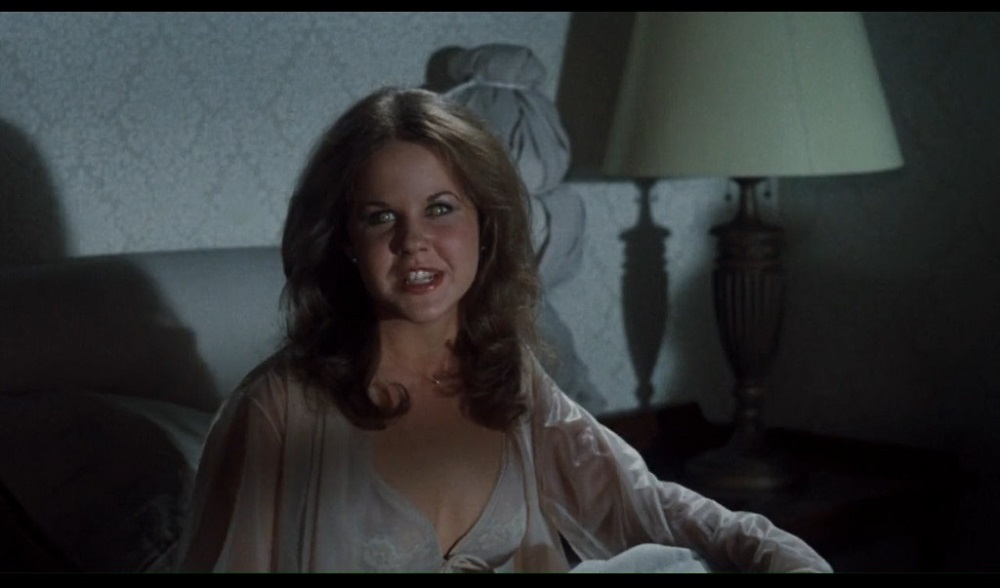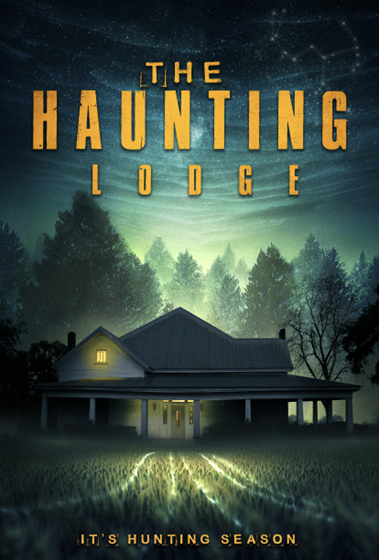In July, Instagram caused an uproar after an update added features that mimicked the ubiquitous video app TikTok. Kim Kardashian was miffed. Kylie Jenner asked Instagram to “stop trying to be TikTok.” An Instagram post that begs parent company Meta to “Make Instagram Instagram Again” has more than 2.25 million likes; an accompanying online petition has over 310,000 signatures.
In the social media business, companies react to competition by either buying a competitor or building one. Meta — then Facebook — purchased Instagram in 2012 for a then-staggering $1 billion rather than build its own version. But TikTok, owned by Chinese company ByteDance, isn’t for sale, so companies have built in-house products to not get caught falling behind. Instagram’s first reaction to TikTok was Reels, a short-form video format launched in 2020. In May, Instagram began testing a new feed that showed full-screen photos and videos — some by people users don’t follow. In other words, the Instagram app became more like TikTok. Even Amazon is following suit by testing a TikTok-like feed on its shopping app, according to reports.
You can’t blame Instagram for trying – or failing. In a few short years, TikTok has changed how both consumers and the entertainment industry — particularly the music business — approach social media. While the once-invincible Facebook has stalled, TikTok has surged and now appears unbeatable. This year, U.S. adults will spend more time per day on TikTok than YouTube, according to eMarketer. At nearly 46 minutes per day, TikTok usage is far ahead of Twitter (34.8 minutes), Snapchat (30.1 minutes) and Instagram (30.1 minutes). And although TikTok’s 1 billion global user base lags its peers, it’s growing faster and dominating the conversation.
The way TikTok built a protective moat around itself helps explain why its competitors have a difficult time replicating its popularity in music.
Industry professionals Billboard spoke with describe a platform designed to attract and reward creators whose audiences are prized by record labels. It’s important to think of TikTok as an entertainment platform, not a social networking app, says MIDiA Research analyst Tatiana Cirisano. “People open TikTok to be entertained,” she says – from strangers as well as people in their networks. It’s a crucial distinction, says Alex Morrison, chief marketing officer at Pearpop, a platform for connecting brands and influencers. Unkown creators believe they stand a chance to find an audience on TikTok because the algorithm-driven feed can put them in front of large audiences. “TikTok lets the best content win the day,” he says. “It doesn’t let the most influential or the one shouting the loudest win.”
Like music streaming services, social media platforms use algorithms to determine which content to feed a particular consumer, and TikTok’s algorithm sets the gold standard for anticipating what users will respond to. But TikTok isn’t a traditional social media app that creates interactions within existing networks – it creates new networks by connecting its customers with content its algorithms believe will get a good response. That means TikTok users regularly see videos by creators outside of their social networks — the feature that Instagram copied — and not just videos of people they follow. That has created a widespread belief that TikTok provides the best chance for creators – also called influencers – to be discovered. “TikTok is really good at attracting creators because of that focus on a democratized feed,” says Cirisano.
Once creators are hooked on TikTok, they spend an inordinate amount of time focusing on the platform. In effect, they’re hooked. “If they’re big on TikTok, they’re probably spending 90% of their time there,” says Johnny Cloherty, CEO of Songfluencer, a marketing agency that connects labels with influencers to run campaigns on TikTok and other platforms.
TikTok’s reputation for being creator-friendly extends to its editing tools. “It’s a much better [creator] experience for creators on TikTok,” Cloherty says. “The tools are easier” to use and better than other platforms. Also, unlike other platforms, TikTok realized early on that it needed to help creators earn money. It started courting them in 2020 by launching a $200 million Creator Fund to reward people for generating content that drove traffic. Last year, it rolled out a tipping feature and debuted a hub for its monetization tools.
Focusing on the creators — and getting them paid — helps to reinforce TikTok’s market power: creators believe they have a chance to find a following on TikTok and they favor the platform’s creator tools. As a result, they dedicate their time to TikTok rather than Instagram or YouTube shorts. If TikTok is favored by creators, it will be prized by brands — including labels — that want to reach their audiences.
“True power comes from the creator,” says Cloherty. “Without creators, the platform is useless because the audience has no reason to go there.”
The road to smartphone dominance has been a bumpy one for TikTok. In July, FCC commissioner Brendan Carr, concerned about reports that ByteDance employees in China have accessed millions of American users’ personal information, urged Apple and Google to ban TikTok from their app stores. “TikTok has disclosed that it’s getting biometrics, face prints, voice prints, location date, search and growing history, and keystroke patterns,” Carr told Billboard. “It’s all that sensitive information that I’m very concerned about being accessed in China.” His sentiments were echoed by Mathias Döpfner, CEO of Axel Springer, the owner of news site Politico and Business Insider. “TikTok should be banned in every democracy,” Döpfner said at Vox Media’s Code Conference on Tuesday (Sept. 6). Short of that, TikTok could be targeted through antitrust regulation if it rose to “gatekeeper status,” Senator Amy Klobuchar said at the Code Conference on Tuesday.
If lawmakers can succeed where TikTok’s competitors have failed, it would upend how creators, artists and labels find and promote new music. When a label discovers a new signing – Warren Zeiders, Jenna Raine, Lehla Samia et al – it’s often stemmed from TikTok. If a label wants to break an artist or a new single, TikTok is probably part of the marketing plan. This summer, Lizzo’s “About Damn Time,” Harry Styles’ “As It Was” and Jack Harlow’s “First Class” had the platform to thank for helping them reach No. 1 on the Hot 100. And no other app produces as many unexpected hits. In July, Sofia Reyes’ 2018 track “1,2,3,” entered the Billboard Global 200 Excl. US chart after TikTok users created millions of videos using its phrase, “Hola, comment allez, allez-vous…So nice to meet ya.”
An entire economy of buyers (labels) and sellers (creators) has been built around TikTok. For a marketing platform, TikTok is “incredibly efficient,” says Pearpop’s Morrison. For a campaign that lures influencers to create videos with their songs, major labels will spend $10,000 to $50,000 while an indie artist might spend $1,000 to $2,000, according to Morrison. For what he calls “a modest budget,” Doja Cat’s “Vegas” generated 11.2 million views of videos with her song attached to it. Labels also pay TikTok “curators” to create videos about their artists because they “play a big role in songs potentially going viral,” a major label’s associate director of influencer marketing recently told Billboard.
Labels now make money from licensing music to TikTok, but the financial impact is often felt elsewhere. A viral video featuring music will “instantaneously” cause a spike on Spotify, says Mary Rahmani, founder and CEO of creative agency Moon Projects — and it can impact that artist’s back catalog, too. “It’s hard not to prioritize TikTok because it’s the most effective [at driving streaming] off-platform,” she says.
The one thing that seems to be hurting TikTok? TikTok itself. As the platform has become more crowded, viral music hits don’t get as big of a lift as they did a few years ago. Back then, a popular video of a dance set to music would dominate the platform. Now, creators must fight with other pop culture for users’ attention. “Stars aren’t as influential as they once were,” says Rahmani of TikTok’s most popular creators. “If something happens in pop culture, the content shifts in the app. TikTok wants to prioritize what’s current.”
The war in Ukraine — which the New Yorker and other publications have called “the world’s first TikTok war” — shows how the app has evolved far beyond choreographed dance videos. Prior to the conflict, TikTok users posted videos of Russian vehicles and artillery being transported to the Ukraine-Russia border. Over the months since, the platform has given the world a non-stop barrage of graphic images depicting the war’s brutality. In addition, cooking, home renovation, fitness, fashion, beauty and even book reviews have taken off on the platform in recent years. All that saturation has watered down the impact of viral hits.
Plus, Meta and YouTube have the deep pockets and patience to chip away at TikTok, improve their own products and lure creators away from competitors. “It’s a great time to offer incentives to labels and artists if you’re a platform,” says Rahmani. That may seem far-fetched given TikTok’s dominance, but Facebook has faltered – especially with younger consumers – since appearing unstoppable a decade ago. “I don’t think anything is too big to fail anymore,” says Cloherty.




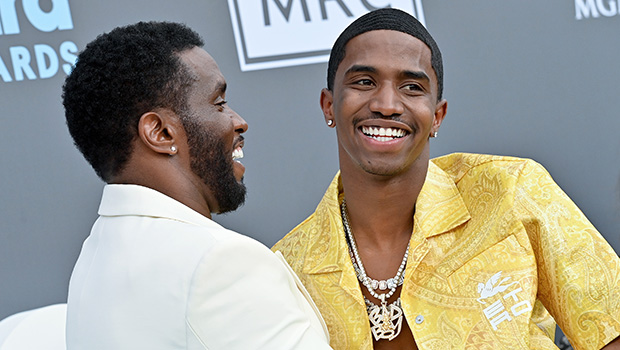

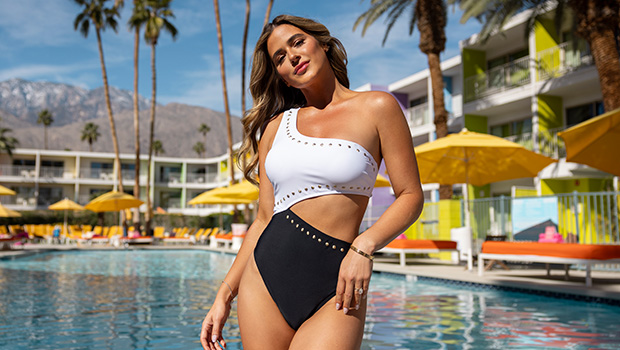

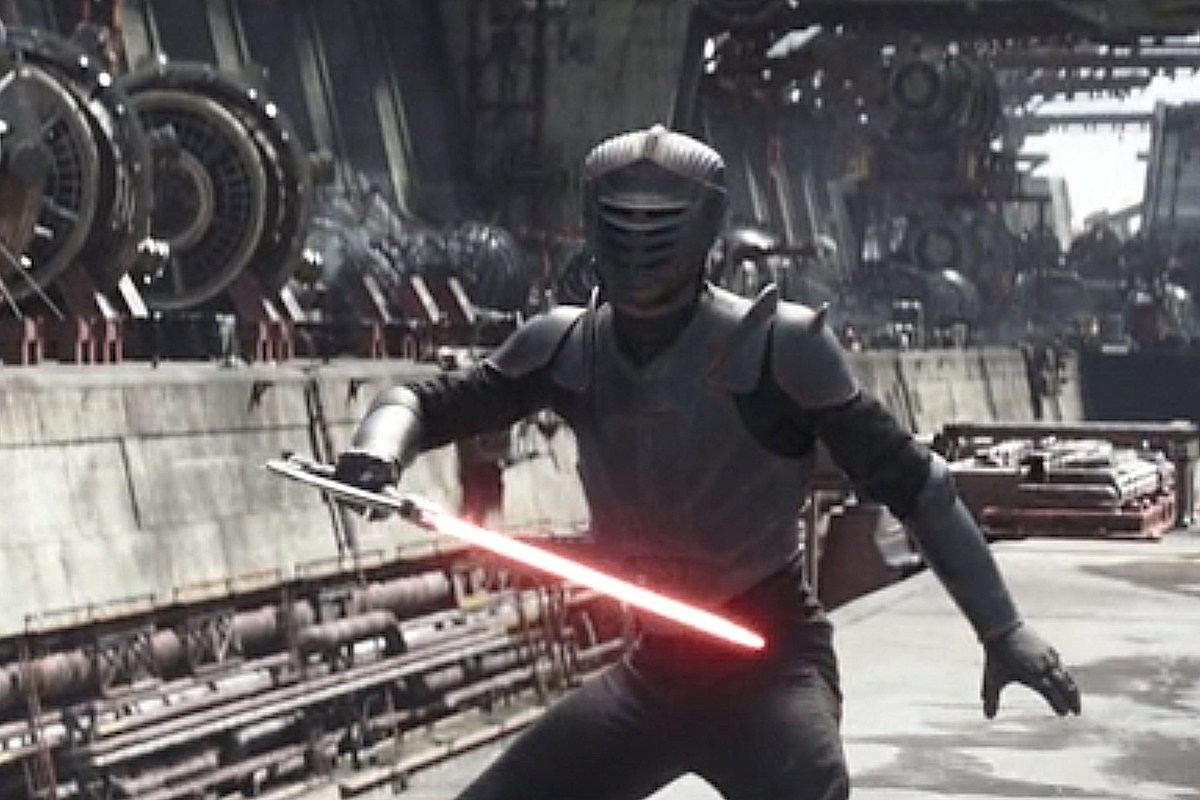





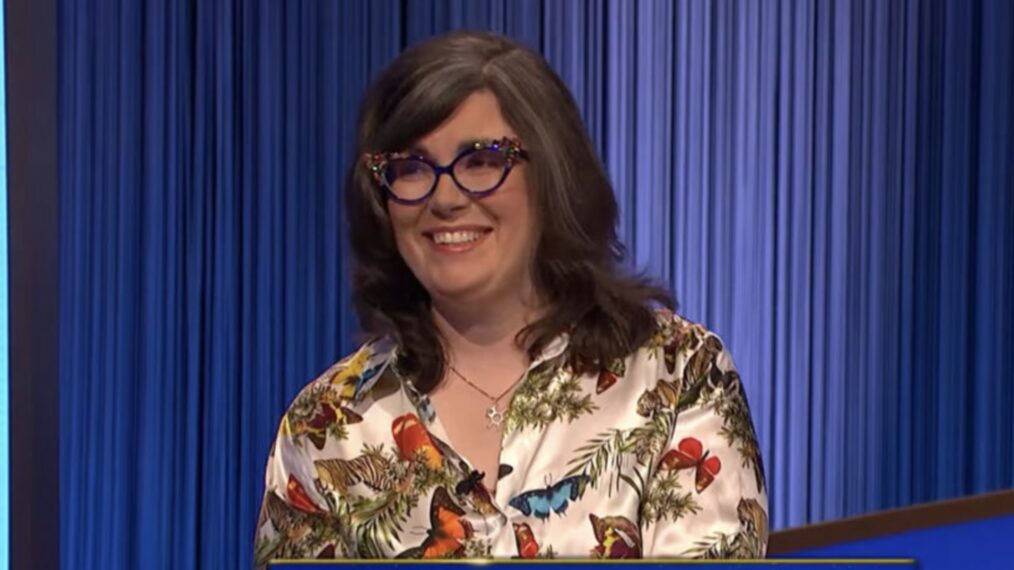






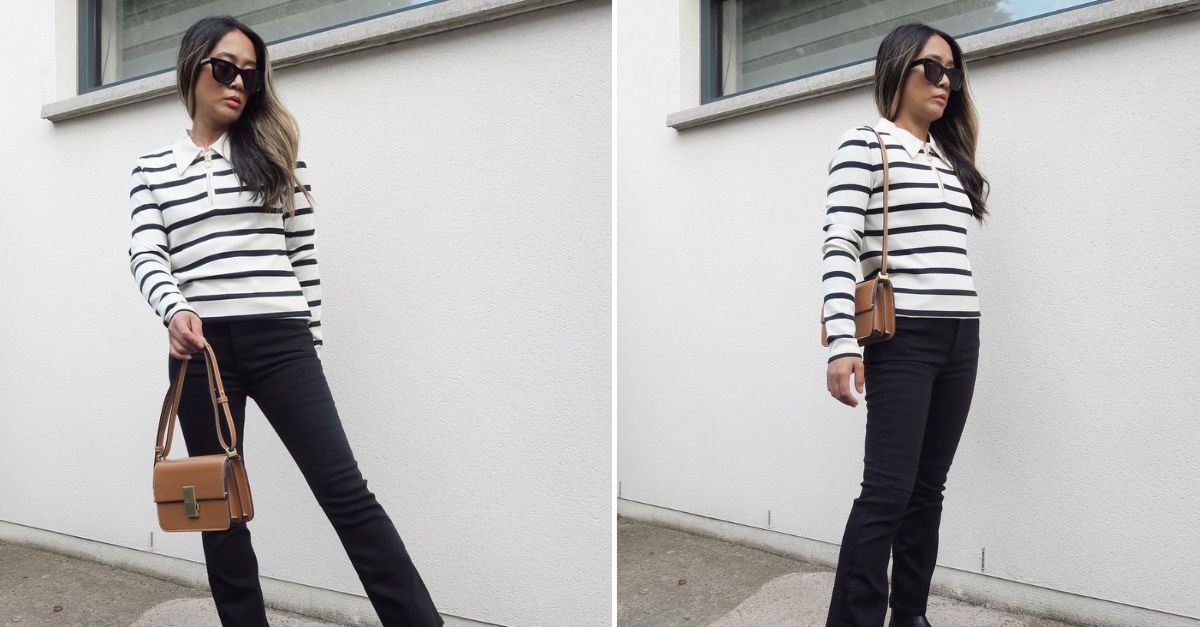
:quality(85):upscale()/2023/09/14/936/n/1922564/1eb8986c65037ae0e884d9.33922579_.jpg)
